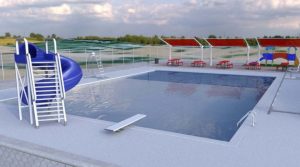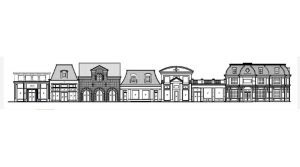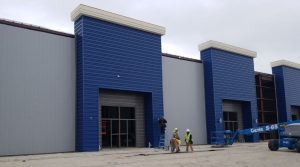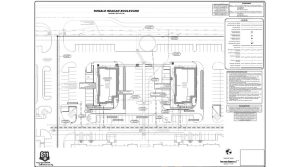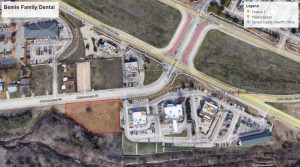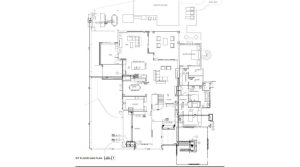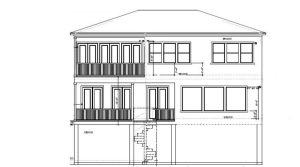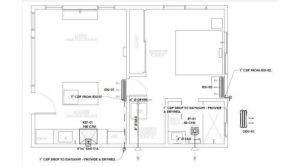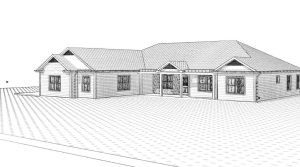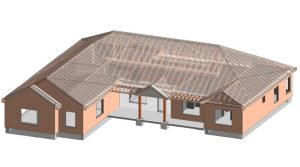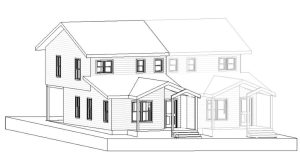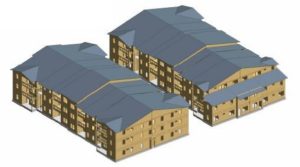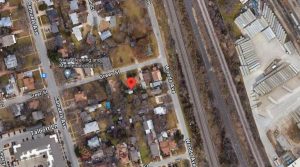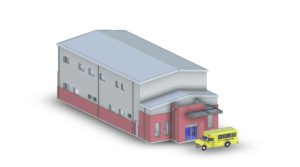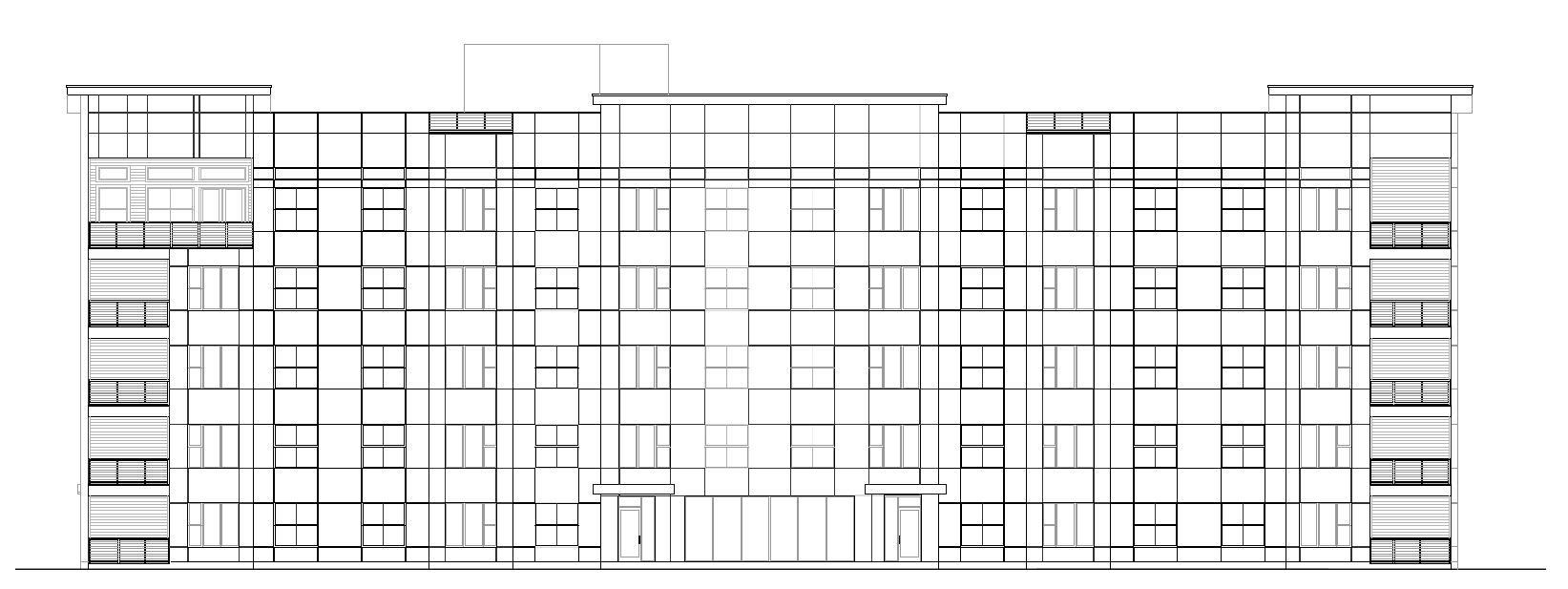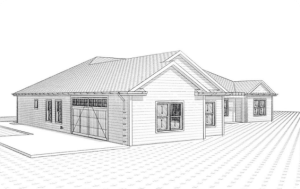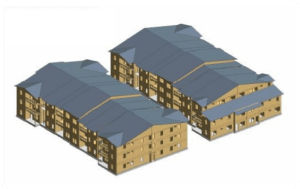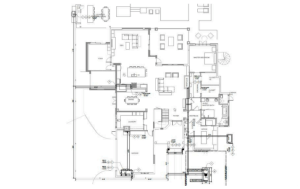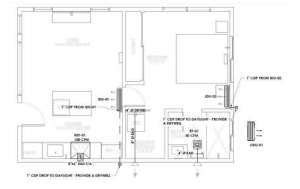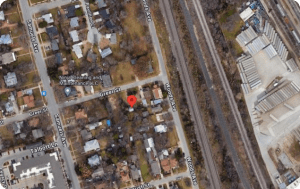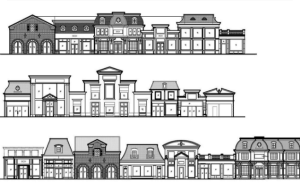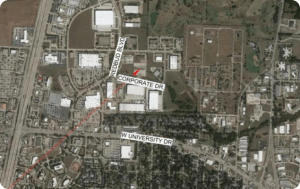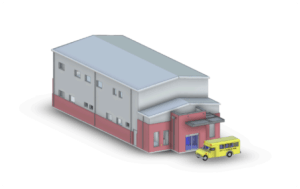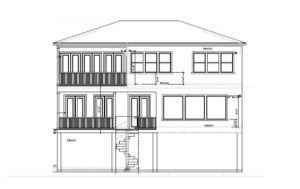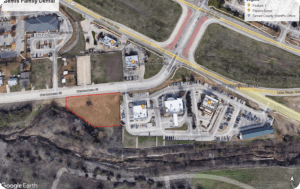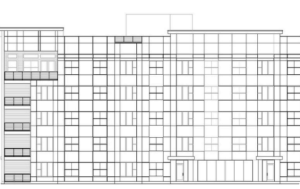What Are Electrical Engineering Design Services? A Complete Guide
Electricity powers the modern built environment. From lighting and climate control to data networks and safety systems, electrical engineering design services shape how buildings function, perform, and adapt to change. Partnering with a skilled engineering consultant company ensures these systems are designed for reliability, efficiency, and compliance.
Defining Electrical Engineering Design Services
Electrical engineering design involves planning and detailing the systems that deliver and manage power in a building. This work requires both technical expertise and practical knowledge of construction and operation. Common areas include:
- Power Distribution: Designing the routes, capacity, and safety devices that deliver electricity from the utility service to every outlet, fixture, and machine.
- Lighting Design: Balancing illumination quality with energy efficiency, aesthetics, and occupant needs.
- Emergency and Backup Power: Integrating generators, uninterruptible power supplies (UPS), and battery storage for resilience.
- Low-Voltage Systems: Fire alarms, data cabling, audiovisual systems, and security.
- Renewable Energy Systems: Solar PV arrays, wind turbines, and grid-tied storage.
The Role of an Engineering Consultant Company
An engineering consultant company provides the experience to guide projects from concept to completion. They:
- Interpret client goals and translate them into practical designs.
- Coordinate with architects, mechanical engineers, and contractors.
- Ensure designs comply with local and national electrical codes.
- Optimize layouts for performance, cost, and sustainability.
The Electrical Systems Engineering Process
Electrical systems engineering follows a methodical process:
- Needs Assessment: Reviewing project scope, usage patterns, and future expansion plans.
- Load Calculations: Determining demand for lighting, HVAC, equipment, and plug loads.
- Concept Design: Outlining distribution systems, control strategies, and component placement.
- Detailed Design: Creating schematics, specifications, and layouts for construction.
- Construction Support: Assisting with installation questions, inspections, and quality control.
- Testing and Commissioning: Verifying performance before handover.
Applications Across Sectors
Residential Projects
A structural engineer for homes equivalent in the electrical field ensures safe wiring layouts, code compliance, and provisions for home automation.
Commercial Developments
In office towers or retail spaces, design focuses on energy efficiency, adaptability for tenants, and integration with building automation.
Industrial Facilities
Electrical design must handle heavy machinery loads, process automation, and robust safety systems.
Healthcare and Education
Facilities demand redundancy, backup power, and high reliability for life safety and critical operations.
Best Practices for Effective Electrical Design
- Right-Sizing Equipment: Oversizing wastes money and energy; undersizing risks overloads.
- Future-Proofing: Designing spare capacity and modular systems for future needs.
- Energy Management: Integrating metering and control systems to track and optimize use.
- Safety First: Grounding, surge protection, and arc-fault prevention.
Case Studies
Office Tower Retrofit
A downtown high-rise replaced outdated electrical panels and lighting. The upgrade reduced energy use by 20% and improved tenant satisfaction.
Manufacturing Plant Expansion
Electrical engineers designed a new distribution system to support additional production lines. The system included redundant feeds to minimize downtime.
School District Modernization
A multi-campus project upgraded lighting to LEDs with occupancy sensors. Annual savings topped $150,000, with improved lighting quality.
Emerging Trends in Electrical Systems Engineering
- Smart Buildings: IoT-enabled devices for remote monitoring and control.
- Renewable Integration: Solar and wind systems combined with battery storage.
- EV Infrastructure: Charging stations for electric vehicles integrated into site power.
- Microgrids: Localized generation and storage for resilience.
Why Quality Electrical Design Matters
Poor design can lead to costly downtime, safety hazards, and inefficiencies. Well-executed electrical engineering design services ensure:
- Code compliance
- Energy efficiency
- Operational reliability
- Adaptability for future technology
Conclusion
Electrical systems are the lifeblood of any building. Partnering with an experienced engineering consultant company ensures your electrical systems engineering is safe, efficient, and ready for tomorrow’s needs. To learn more, visit GDI Engineering’s Electrical Engineering Services.




